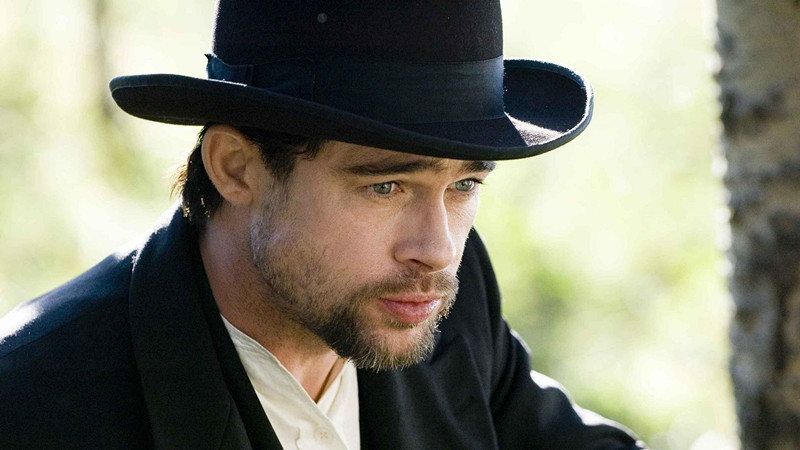
Sweeping open vistas, badass duels, hectic train heists and no shortage of sweaty close-ups. Beyond basic thrills, people tune in to westerns to revisit an era of freedom where lives had price tags and stoic cowboys were the living embodiment of Hollywood’s hypermasculinity, the ultimate self-made men. Violent yet chivalrous, these fearless lone wolfs sat at the top of a society driven by the survival of the fittest — your individual worth set by nothing but your horse, cunning and drawing speed.
Some revisionist westerns have covered themes like the emergence of industrialization and modern capitalism — a change of guard that directly jeopardized the supremacy of these self-assertive macho-men, deeming them as mere relics of the past. However, for the most part, westerns — not unlike Japanese samurai period dramas — have served as an escapist refuge aimed at nostalgics and middle-aged men alike.
Probably no man embraced his iconic screen persona more than Clint Eastwood — either as a brow-furring gunslinger, a grumbling grandpa or a trigger-happy cop. If there’s a consensus about his 60-year career is that be it as an actor, director or larger-than-life icon, Eastwood never left anybody indifferent. As an actor he needs only a blank stare and an occasional grimace to assert his dominant presence, and as a director he’s continuously rehashed and covered similar narratives — often self-aware of his own mythical grandeur.
With no signs of slowing down at the ripe age of 91, there’s no better timing to take a look at some of the favorite westerns from arguably the greatest legend the genre has ever given us.
1. The Treasure of Sierra Madre (1948)
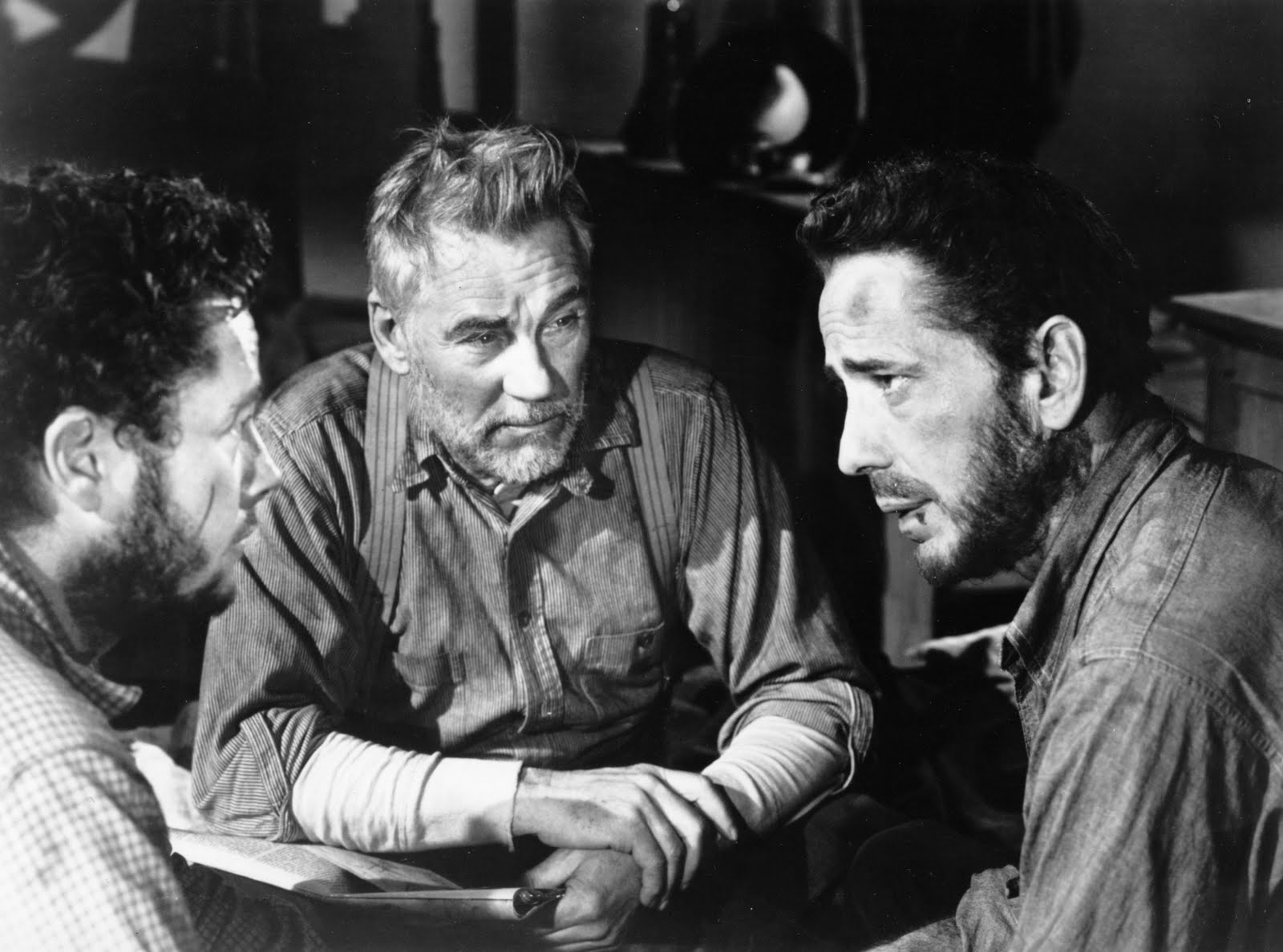
Kicking things off, we have an ageless tale about greed as the root of all evil — one that also happens to be one of the finest screenplays ever put to film. John Huston’s classic follows a pair of penniless Americans down on their luck in Mexico, who go from rags to riches after being lured into the gold-digging business by an old-time prospector. The arid mountains of Sierra Madre are nothing but a ruthless jungle where any semblance of ethics is vanished in favor of lust and selfishness.
During an interview for the American Film Institute, Clint Eastwood was prompted to name his favorite movies of all time, with this one being the first to come to his mind. Eastwood knows a thing or two about morally-rotten antiheroes — almost as if he made a career out of it — and had nothing but praise for Bogart as the delusional Fred Dobbs. “He wasn’t a conventional protagonist or romantic hero you can take cover behind, there was nothing glamorous about him”.
But when it comes to directors, there’s probably not one that demanded as much respect from Eastwood than John Huston. In fact, his admiration runs so deep that Eastwood portrayed Huston himself in White Hunter Black Heart — a loose retelling of the hardships the director had to endure during the tumultuous production for The African Queen. Eastwood didn’t personally meet Huston, but he did pick up his mannerisms — not to mention smoking habits — and most of all strived to “think like him, reconstruct his turns of thought and share his same philosophy and attitude with respect to the world”.
2. My Darling Clementine (1946)
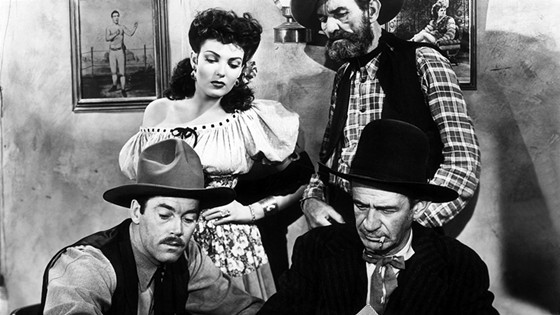
Every Western is nostalgic by design, after all, what are they if not time capsules yearning for an era long gone? However, My Darling Clementine feels particularly bittersweet, a contemplative cautionary tale on the futility of holding grudges and seeking vengeance. John Ford’s playground this time around is the Arizonan town of Tombstone — a bottomless pit of sin and foolery — where Henry Fonda finds himself embroiled in a string of petty beefs, double-crosses and misunderstandings as its new acting Marshal.
Eastwood’s films have been picked apart and pitched against those of many classic directors — but arguably none as thoroughly as the legendary John Ford. There’s some truth in that every Western released in the last fifty years could be traced back to some degree to the godfather of the genre himself. As someone who binged his films as a kid, Eastwood admits that Ford’s films “definitely influenced” his own, including his nostalgia-infused revenge tale, Unforgiven. As to those claims, Clint admitted he “probably was unconsciously motivated by an idea close to Ford’s” when coming up with his own reluctant vigilante story.
Whatever the case may be, you’d be hard-pressed to find a director held in a higher esteem by Eastwood. “Anyone would be flattered to be spoken of in the same breath as him”, Clint claimed while receiving none other than the John Ford Award back in 2012. He also declared himself to be a “huge admirer of his craft as a pioneer of American filmmaking who broke down all the clichés of his era”.
3. The Great Silence (1968)
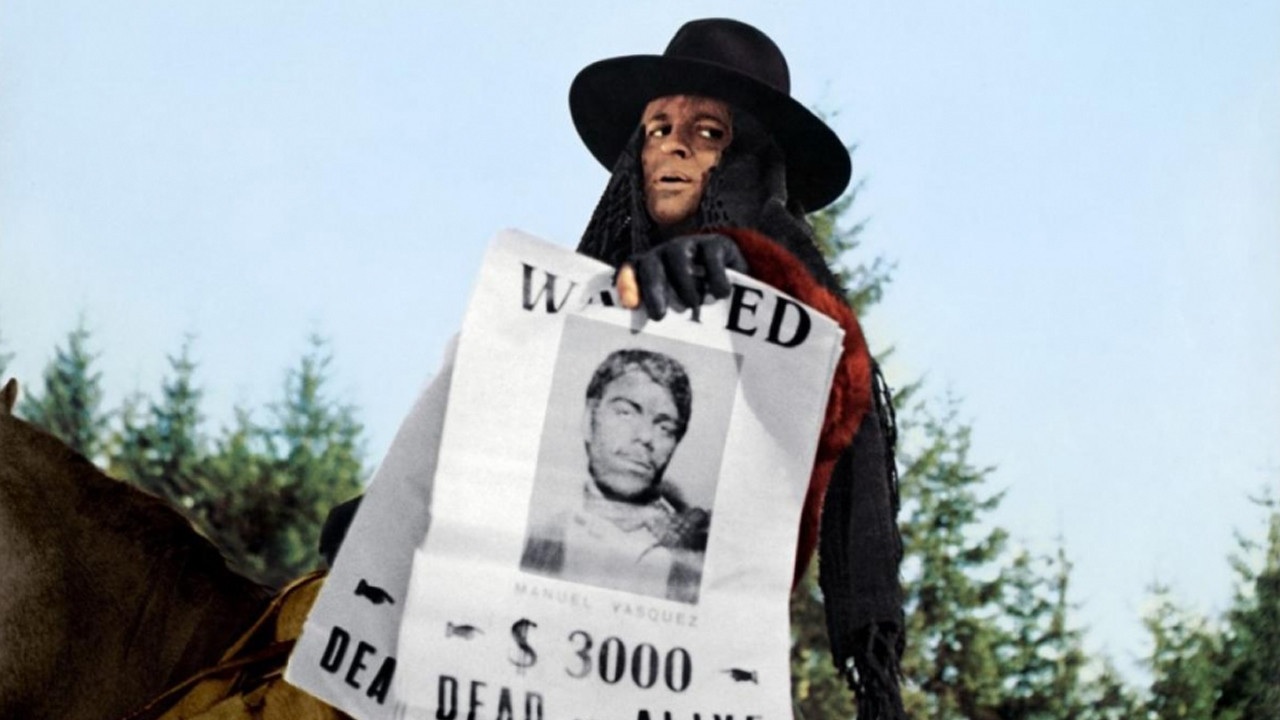
When one thinks of Clint Eastwood as a poncho-wearing outlaw — and one of the most iconic characters ever to grace the silver screen — it’s virtually impossible not to mentally sing along Ennio Morricone’s timeless tunes. The legendary Italian composer not only gifted Leone’s Dollars Trilogy with a score for the ages, but also many of the spaghetti western that spawned from it — including this one by Sergio Corbucci.
Corbucci — who some may know thanks to being name-dropped by Tarantino in his latest movie — was easily second in line after Leone himself as the biggest authority in the Italian western industry. The sixties saw a change of guard where “American westerns were stale because great directors like Mann and Ford were no longer working”, as Clint puts it. “Then the Italians came along and stole the show”.
In true spaghetti western fashion, Corbucci made a hard-boiled story about the vicious cycle of hate and revenge, one with a much bleaker and nihilist vision of the West than often seen back in America. The movie follows a mute gunslinger hired by a grieving widow to kill a bounty hunter and avenge his late husband. Eastwood once entertained the thought of doing an English remake of the film, but the project ended up evolving into John Sturges’ Joe Kidd — which, far from being a 1:1 replica, owes a thing or two thematically to Corbucci’s classic.
4. Red River (1948)
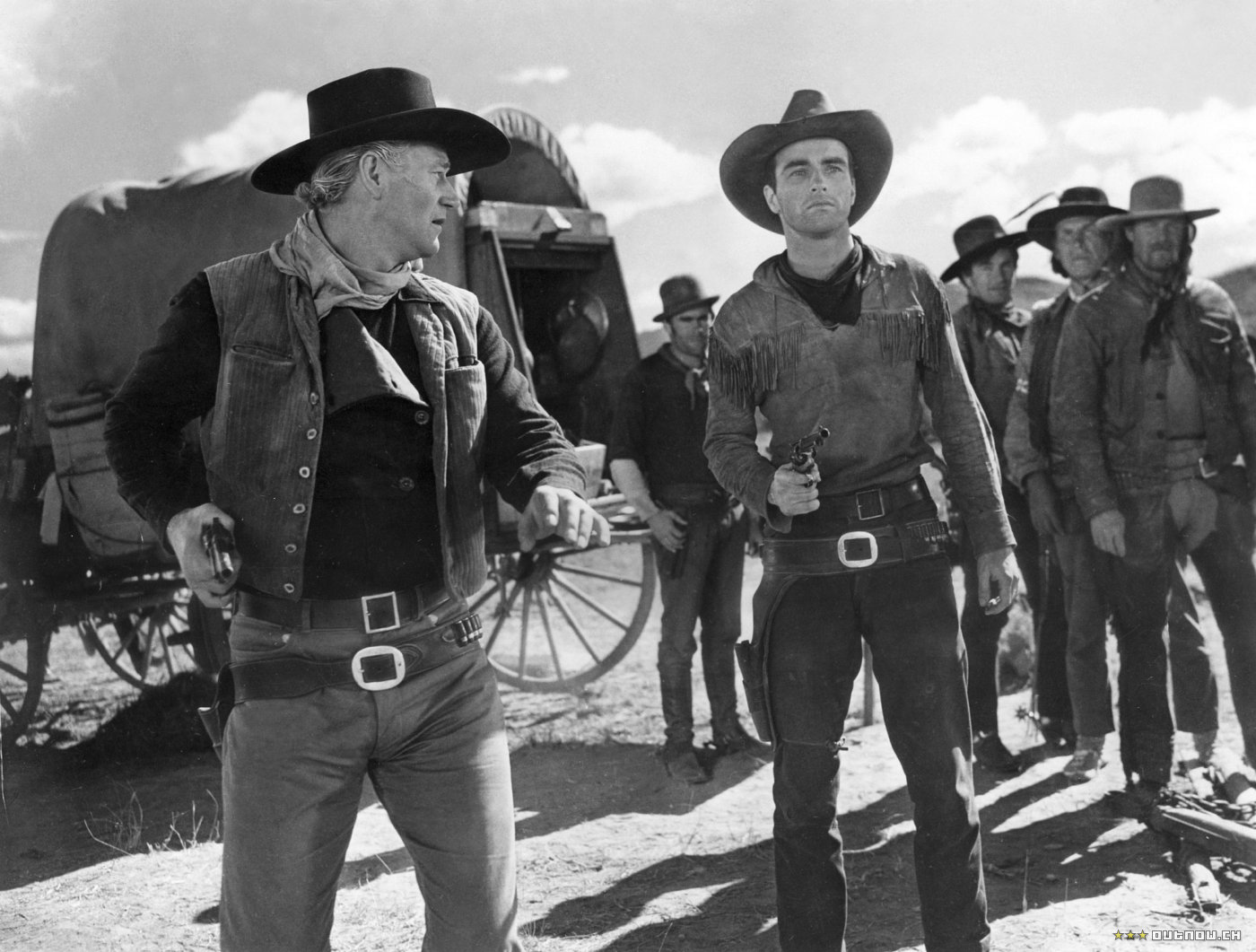
Westerns have always been testosterone-heavy affairs, often latching onto an outdated perception of manliness and macho bravado. Red River is a film that explores the generational rift between different concepts of virility through the relationship of an aging, closed-minded cattle driver and his young protégé.
Eastwood is a big fan of Howard Hawks — citing him as one of the three directors that shaped his work the most — praising among other qualities his impressive range in how “he could direct a film like Red River on the one hand and His Girl Friday on the other with almost opposite rhythms and points of view”. Standing front and center we have John Wayne, arguably the biggest legend in the genre — and one that not always saw eye to eye with Eastwood.
Just as Eastwood burst onto the scene in the 70’s, Wayne was slowly fading away as a star removed from his prime. Even though both were outspoken conservatives, they held opposite views when it came to westerns — Wayne embodied American values as the honorable good guy while Eastwood portrayed morally crooked antiheroes on the other side of the Atlantic.
This philosophical clash was the main reason we never got the chance to see them duel off in The Hostiles, a script by Larry Cohen that would’ve had both titans face to face — but was immediately rejected by the Duke.
5. The Assassination of Jesse James by the Coward Robert Ford (2007)
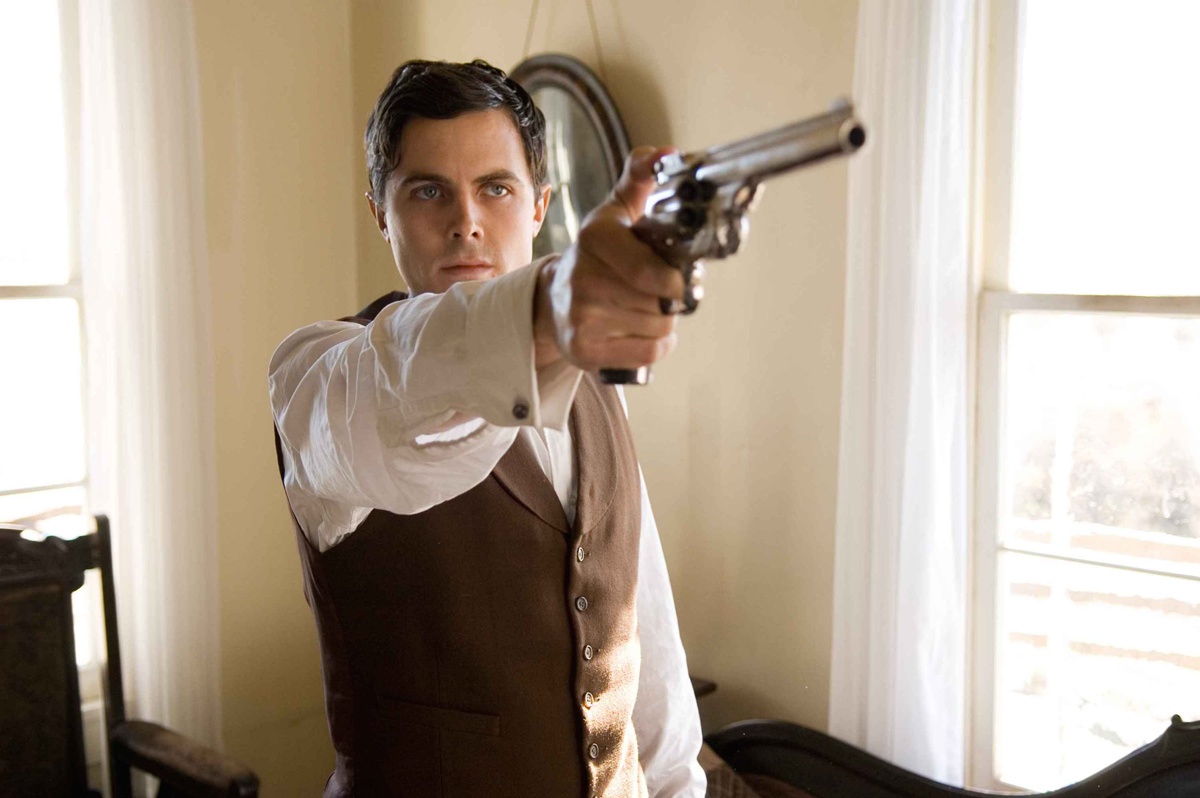
Clint Eastwood spent his first thirty years of stardom building up his own mythology only to spend the last thirty deconstructing it through his directed films. Arguably his most acclaimed movie of the past three decades came in 1992 with Unforgiven, in what truly felt at the time like his last rodeo— how naive of us to think so considering he’s been teasing us with one ever since.
The reason why Unforgiven felt like the perfect swan song to Eastwood’s career back then is because it stood out as the antithesis of the films that made him a star in the first place. Above all, the movie gave Clint a chance to do his own reckoning with his legacy, reassessing the romanticized glamour of Westerns and the way we idolize immoral gunslingers.
The Assassination of Jesse James works almost as good as a masterful revisionist western — turning every cliché of the genre on its head by chronicling the last days of Jesse James, one of the most iconic outlaws in American lore. Through its larger-than-life protagonist, the movie interrogates the toxic and obsessive worshipping culture of that era that glorified crooks like him and turned them into living legends. Cloaked in an aura of invulnerability, what really was left of Jesse James was a paranoid and insomniac man on the verge of collapse. And as fate would have it, it was that same lust for admiration and wanting his name to be recognized in the annals of history that pushed Robert Ford to betray him.